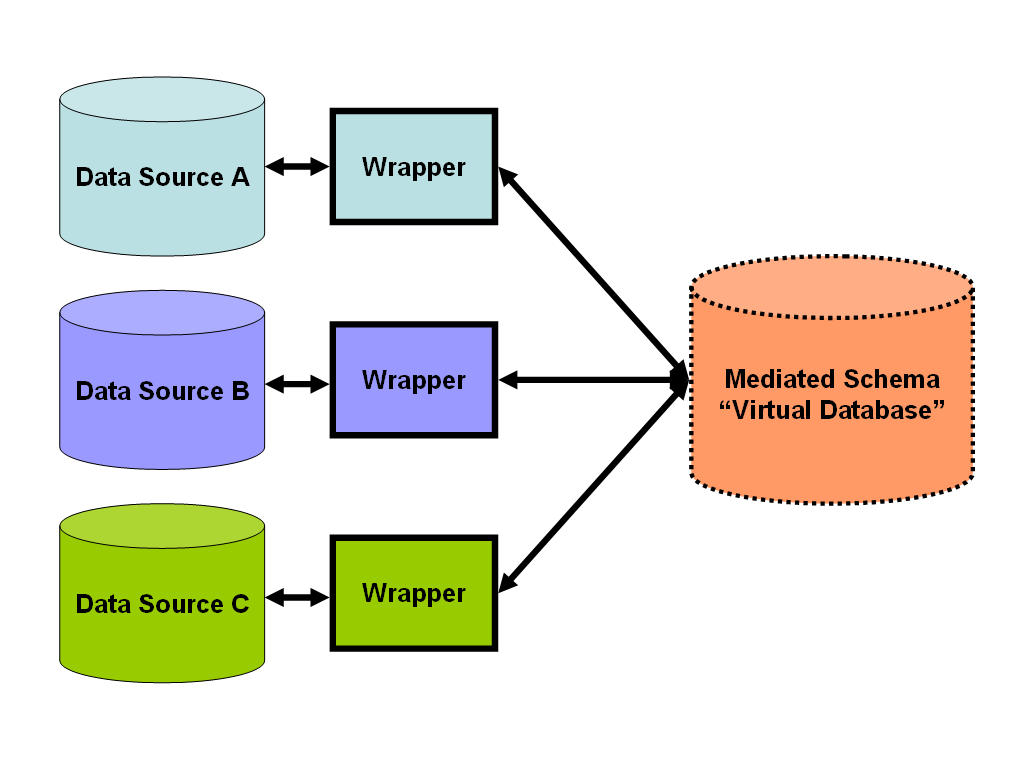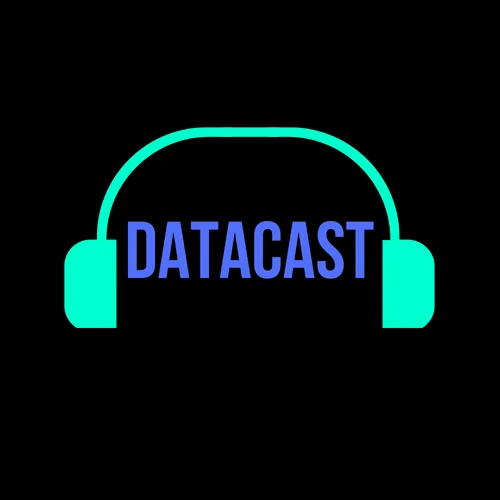This semester, I’m taking a graduate course called Introduction to Big Data. It provides a broad introduction to the exploration and management of large datasets being generated and used in the modern world. In an effort to open-source this knowledge to the wider data science community, I will recap the materials I will learn from the class in Medium. Having a solid understanding of the basic concepts, policies, and mechanisms for big data exploration and data mining is crucial if you want to build end-to-end data science projects.
Datacast Episode 12: Data Science in Consulting with Jim Leach
Jim Leach is a data scientist, originally from the North of England, but now based in Atlanta, Georgia. After studying chemistry at university, Jim joined the consulting firm KPMG and began his career as a data analyst. He later returned to university, taking a sabbatical to study for a Master in Business Analytics at Imperial College, London. In his work, he is a passionate R user and developer and enjoys thinking about data visualization and how to communicate effectively using data. In his free time, he enjoys board games, music, cooking, and being outdoors.
An Introduction to Big Data: Data Integration
This semester, I’m taking a graduate course called Introduction to Big Data. It provides a broad introduction to the exploration and management of large datasets being generated and used in the modern world. In an effort to open-source this knowledge to the wider data science community, I will recap the materials I will learn from the class in Medium. Having a solid understanding of the basic concepts, policies, and mechanisms for big data exploration and data mining is crucial if you want to build end-to-end data science projects.
Biologically-Inspired AI: Ant Colony Optimization, Bats, and Flower Pollination Algorithms
There have been significant advances in recent years in the areas of neuroscience, cognitive science, and physiology related to how humans process information. This semester, I’m taking a graduate course called Bio-Inspired Intelligent Systems. It provides broad exposure to the current research in several disciplines that relate to computer science, including computational neuroscience, cognitive science, biology, and evolutionary-inspired computational methods.
An Introduction to Big Data: NoSQL
This semester, I’m taking a graduate course called Introduction to Big Data. It provides a broad introduction to the exploration and management of large datasets being generated and used in the modern world. In an effort to open-source this knowledge to the wider data science community, I will recap the materials I will learn from the class in Medium. Having a solid understanding of the basic concepts, policies, and mechanisms for big data exploration and data mining is crucial if you want to build end-to-end data science projects.
Datacast Episode 11: Psychology and Neuroscience in Data Science with Francisco Carrera Arias
Francisco Carrera Arias, B.S. is currently a data scientist/analyst for MotionPoint Corporation and a research assistant for the Clinical Systems Biology group at Nova Southeastern University. His current work entails performing a variety of data analyses to better inform business decisions as well as using discrete logic to analyze complex biological regulatory networks for the purposes of identifying and simulating treatment courses for chronic illnesses such as Gulf War Illness.
Biologically-Inspired AI: Differential Evolution, Particle Swarm Optimization, and Firefly Algorithms
There have been significant advances in recent years in the areas of neuroscience, cognitive science, and physiology related to how humans process information. This semester, I’m taking a graduate course called Bio-Inspired Intelligent Systems. It provides broad exposure to the current research in several disciplines that relate to computer science, including computational neuroscience, cognitive science, biology, and evolutionary-inspired computational methods. In an effort to open-source this knowledge to the wider data science community, I will recap the materials I will learn from the class in Medium. Having some knowledge of these models would allow you to develop algorithms that are inspired by nature to solve complex problems.
An Introduction to Big Data: Data Normalization
This semester, I’m taking a graduate course called Introduction to Big Data. It provides a broad introduction to the exploration and management of large datasets being generated and used in the modern world. In an effort to open-source this knowledge to the wider data science community, I will recap the materials I will learn from the class in Medium. Having a solid understanding of the basic concepts, policies, and mechanisms for big data exploration and data mining is crucial if you want to build end-to-end data science projects.
Datacast Episode 10: Linguist turned Data Scientist with Matthias Raess
Matthias, a linguist turned data scientist, finished his Ph.D. in May 2018 and is currently working as a Manager, Data Analytics at LiveIntent. In his day-to-day, he builds dashboards and models, and runs analyses that drive business decisions and provide stakeholders with meaningful access to data. He enjoys empowering people with data by visualizing and analyzing various types of data visually and/or with statistical and machine learning approaches. He is an avid R/RStudio/RStudio Connect user.
Biologically-Inspired AI: Genetic Algorithms
There have been significant advances in recent years in the areas of neuroscience, cognitive science, and physiology related to how humans process information. This semester, I’m taking a graduate course called Bio-Inspired Intelligent Systems. It provides broad exposure to the current research in several disciplines that relate to computer science, including computational neuroscience, cognitive science, biology, and evolutionary-inspired computational methods.










